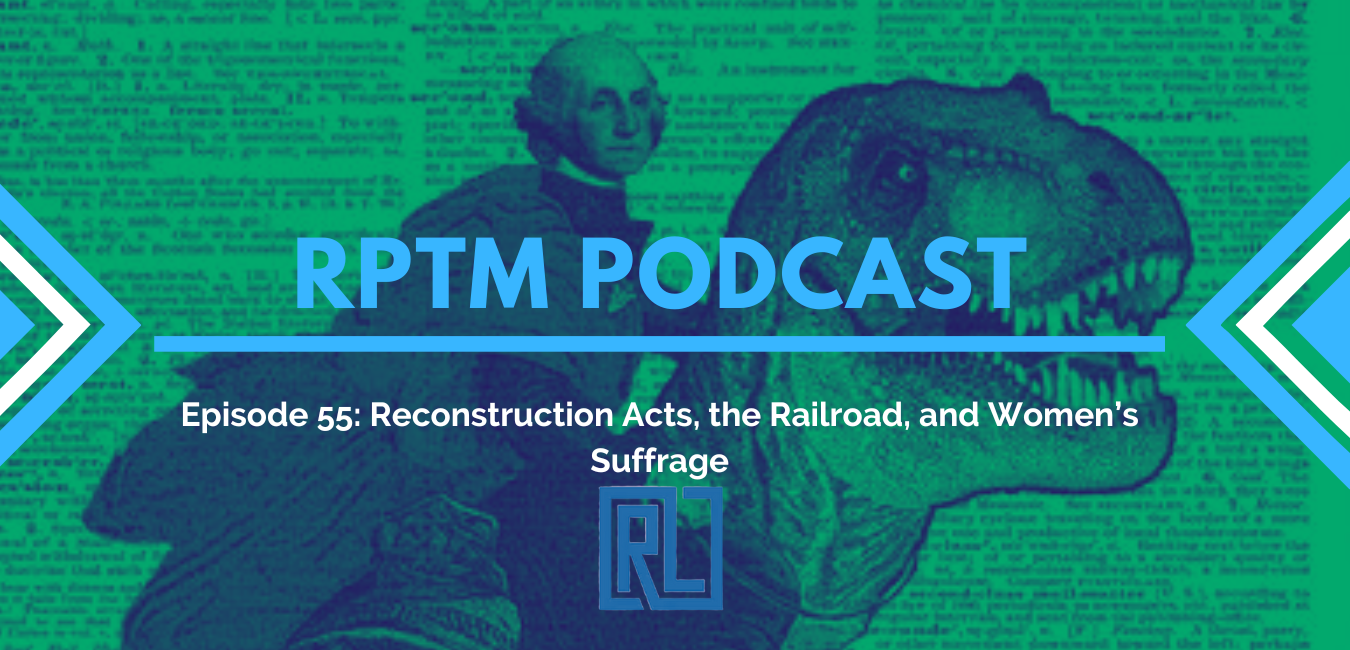|
Howard G. Cunningham is an American computer programmer who created the first wiki and is a frontiersperson in his field. He also has a pretty good sense of humor. As the legend goes, Cunningham is credited with the sentiment: "The best way to get the right answer on the Internet is not to ask a question; it's to post the wrong answer." This refers to the adherence that people are swift to correct a wrong answer than to answer a question. An expert will likely correct you. And in this method, someone will give you exhaustive knowledge on the topic you are curious about. This line of thinking has been anointed this Cunningham's Law. The Law has been used to explain how other online communities, such as Twitter, work. The term itself emerged in 2010. Cunningham declines ownership of the Law, naming it a "misquote that disproves itself by propagating through the internet." The Law is reminiscent of a French adage, "preach the falsehood to know the truth."
You might need mental gymnastics to find a historical case of Cunningham's Law. But there are plenty of examples of false information purposely being disseminated. According to the 2016 Scientific American article "Three Historical Examples of 'Fake News" by Krystal D’Costa, In 1782, Benjamin Franklin made a manufactured issue of a Boston newspaper. The main story was particularly gruesome: it claimed that American forces had uncovered sacks of money and goods that seemed bound for the King but contained among them, including the scalps of soldiers and civilians. A shipment of scalps contained a letter addressed to the King asking him to take the scalps as a token of goodwill and loyalty. Franklin sent the newspaper to his friends, who delivered it to their friends, and soon enough, other colonial newspapers had republished the account. There were signs the actual document was a bogus typeface, for instance, but these clues were lost in the sensationalism of the news. The public was outraged. Franklin's report added to the hostility against Native Americans in this case. It helped appoint them as non-Americans who could not be entrusted nor should be tolerated in the new Republic. Americans later revived the story and proved the horror of Native Americans in future military campaigns against the natives. Posting a falsehood to get to the facts occasionally works because people love appearing more intelligent than others. But while the thrill of dopamine that comes with making a stranger feel foolish is a more powerful motivator than responding to a question, the substance of those responses is likely to be way more harmful. That means that though the number of people posting inaccurate data in search of accurate answers is probably minuscule, you can't trust the frenzied revisions posted in reply to any objectionable idea you experience online, even if the poster unpretentiously presented it. People aren't usually interested in being accommodating. But they are interested in getting the rank of the most competent person in the room. If everyone in the meeting is confused about a particular topic, toss out a ridiculous solution. If nobody can improve on it, then the final solution wins. Cunningham's Law has crept into academia unwittingly for years. Case in point, those throw-away multiple choice or true/false questions on 100-level courses are so obviously wrong that the student can easily discern the truth. I am one such professor who softballs in these quizzes. For those keeping score at home, I always throw at least one question in my examinations with the wrong answer ofJohn C. Reily, the actor famous for movies like Talladega Nights. Why? His name SOUNDS like a railroad tycoon or 19th-century abolitionist. Those who know will get a chuckle. I'm not here to say students are dense, but they mostly come from an area of fledgling expertise. Any positive reinforcement could push them to gather some confidence. HIGHLIGHTS
CHAPTERS 0:00 Start 0:37 Intro 4:40 Reconstruction Acts 7:52 14th Amendment 11:32 The Treaty of Fort Laramie 17:51 Transcontinental Railroad 25:23 Wyoming and Suffrage 34:00 Outro RESOURCES Reconstruction Acts 14th Amendment Treaty of Fort Laramie (1868) The Broken Treaty of Fort Laramie with the Sioux Transcontinental Railroad Transcontinental Railroad Construction, Competition, and Impact Women's suffrage in Wyoming
0 Comments
Leave a Reply. |
AuthorRyan Lancaster wears many hats. Dive into his website to learn about history, sports, and more! Archives
July 2024
Categories |


 RSS Feed
RSS Feed